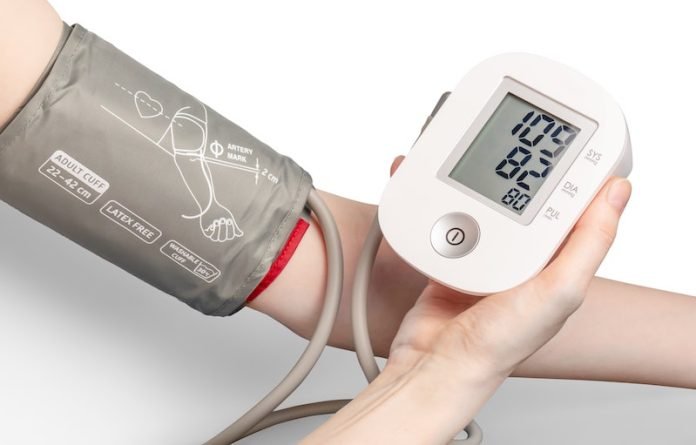
High blood pressure is a major risk for cardiovascular disease.
It is thought to be associated with psychological factors, such as anxiety, depression, and neuroticism—a personality trait characterized by susceptibility to negative emotions, including anxiety and depression.
In a new study, scientists found diastolic blood pressure—the lower of the two numbers in a blood pressure reading—is highly likely to cause neurotic personality traits.
And keeping it under control can help curb neurotic behaviors, anxiety, and heart and circulatory diseases.
In the study, the team used a technique called Mendelian randomization.
This uses genetic variants as proxies for a particular risk factor—in this case, blood pressure—to obtain genetic evidence in support of a causal link.
Between 30% and 60% of blood pressure is down to genetic factors, and over 1,000 genetic single nucleotide polymorphisms, or SNPs for short, are associated with it.
SNPs help predict a person’s response to certain drugs, susceptibility to environmental factors, and their risk of developing diseases.
The researchers used 8 large datasets containing whole genome DNA extracted from blood samples from people of predominantly European ancestry (genome-wide association studies).
They found that high blood pressure and diastolic blood pressure had strong causal effects on neuroticism, but not on anxiety, depressive symptoms, or subjective well-being.
Further analysis showed only diastolic blood pressure was strongly associated with neuroticism (over 90%), based on 1,074 SNPs.
The team suggests blood pressure links the brain and the heart, and so may promote the development of personality traits.
People with neuroticism can be sensitive to the criticism of others, are often self-critical, and easily develop anxiety, anger, worry, hostility, self-consciousness, and depression.
Neuroticism is viewed as a key causative factor for anxiety and mood disorders. Individuals with neuroticism more frequently experience high mental stress, which can lead to elevated [blood pressure] and cardiovascular diseases.
Appropriate surveillance and control of blood pressure can be beneficial for the reduction of neuroticism, neuroticism-inducing mood disorders, and heart diseases.
If you care about blood pressure, please read studies about a major cause of high blood pressure, and the most used method of measuring blood pressure is often inaccurate.
For more information about blood pressure, please see recent studies that black tea may strongly reduce blood pressure, and results showing these high blood pressure drugs may increase heart failure risk.
The study was conducted by Cai L et al and published in General Psychiatry.
Copyright © 2022 Knowridge Science Report. All rights reserved.



